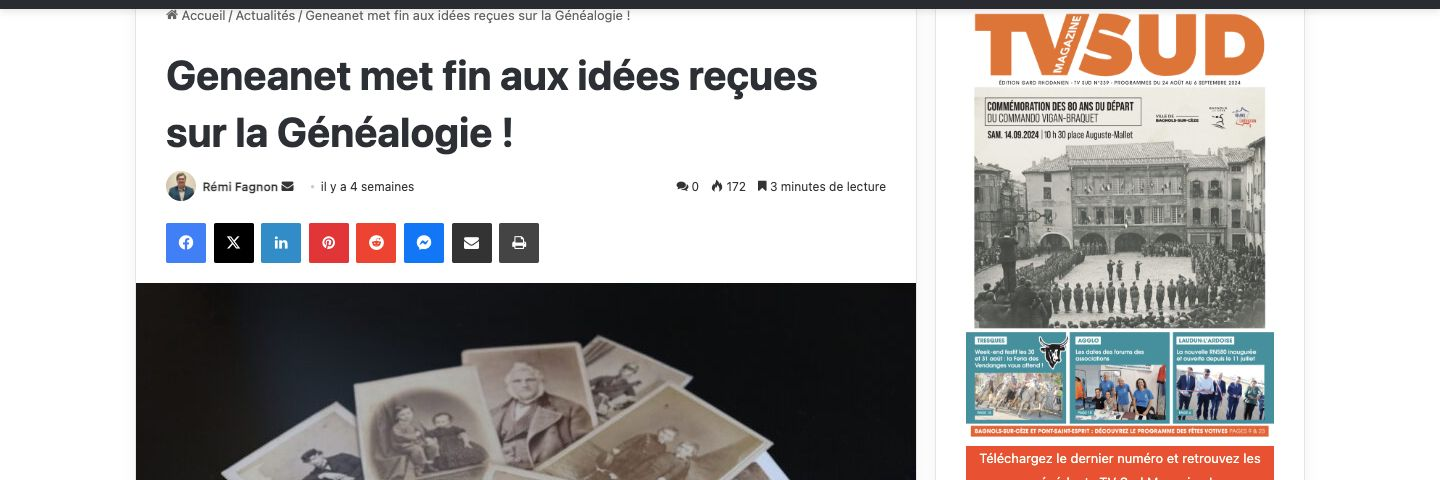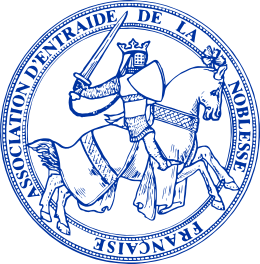News

TV Sud Magazine: "Geneanet puts an end to preconceived ideas about genealogy!
29 July 2024
Press review
Viewed 356 times
Genealogy, the fascinating quest for our origins, is often surrounded by myths and preconceived ideas that can distort understanding of family history and discourage the curious. Do you think...
You must be logged in to read more









